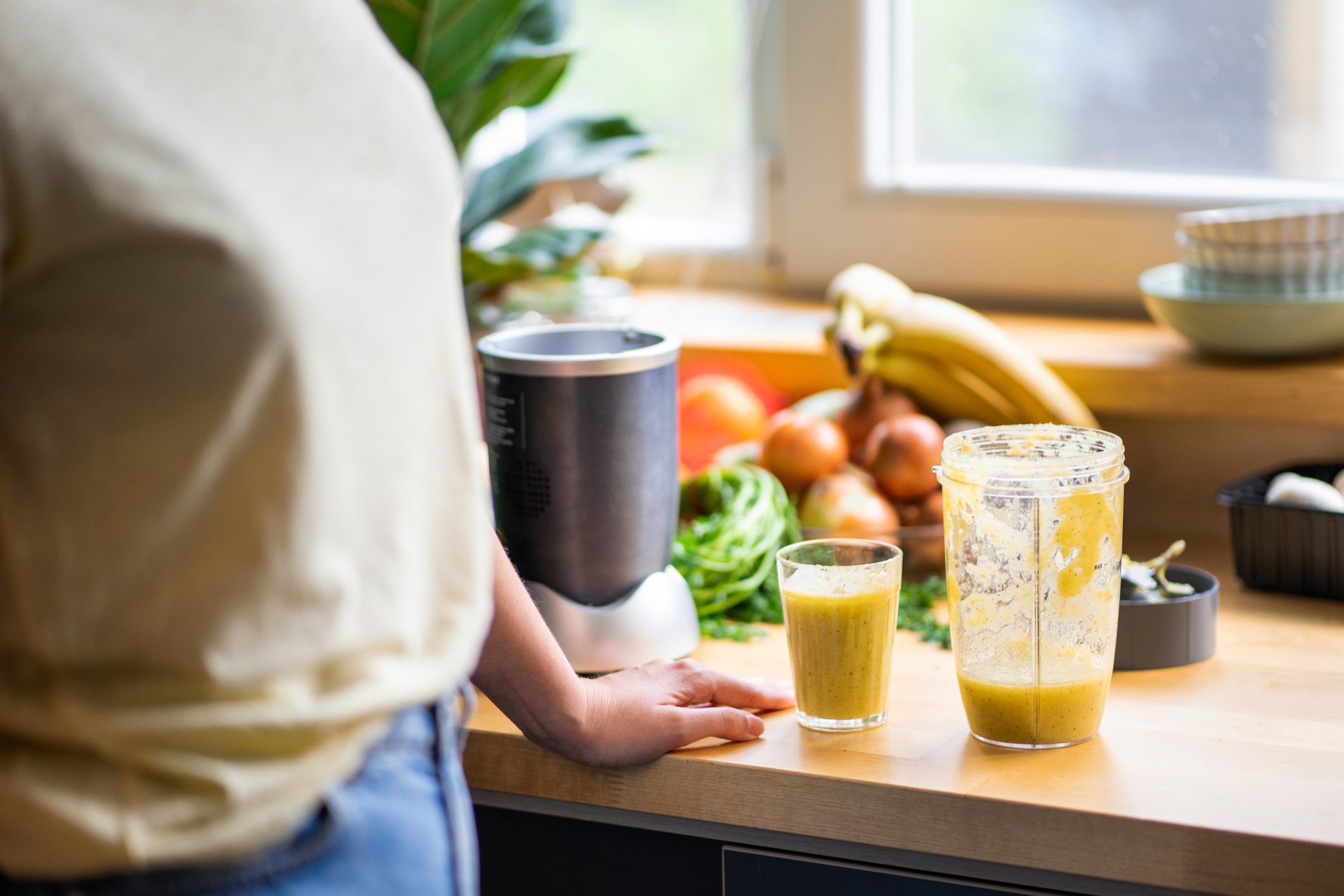Get Easy Health Digest™ in your inbox and don’t miss a thing when you subscribe today. Plus, get the free bonus report, Mother Nature’s Tips, Tricks and Remedies for Cholesterol, Blood Pressure & Blood Sugar as my way of saying welcome to the community!
The unripe fruit that undoes cancer

Colorectal cancer is the second leading cause of cancer-related deaths in the United States, according to the Centers for Disease Control and Prevention (CDC).
In 2018 (the most recent year with complete data), 141,074 new colorectal cancers were diagnosed and more than 52,000 Americans died from the disease, commonly referred to as colon cancer.
And, according to Dr. Scott Kopetz, a gastrointestinal medical oncologist at M.D. Anderson Cancer Center in Houston who was asked about colorectal cancer rates by age, “One in three of our patients now that we’re seeing are under 50.”
Diet and exercise are among the top recommendations to avoid cancer. But could there be a “simple something” you can do every day, with very little effort, to help decrease your risk further?
The answer is yes…
Eat an unripe banana a day
Eating a lot of meat without consuming fruits and vegetables makes you more vulnerable to colorectal cancer. But you can lower your risk if you eat a specific fruit (available at the supermarket) before it completely ripens.
The fruit that protects your digestive system, according to an Australian study, is an unripe banana. Unripe bananas contain resistant starch, a carbohydrate that alters a type of genetic material, called miRNAs, found in the walls of the digestive tract.
“Red meat and resistant starch have opposite effects on the colorectal cancer-promoting miRNAs, the miR-17-92 cluster,” says researcher Karen J. Humphreys, Ph.D., who is with the Flinders Center for Innovation in Cancer at Flinders University in Adelaide, Australia. “This finding supports consumption of resistant starch as a means of reducing the risk associated with a high red meat diet.”
While most of the starch you consume is broken down by enzymes and digested in the stomach as well as the small intestine, resistant starch resists this deconstruction and is transported down to the colon (large bowel) where it produces a helpful influence similar to dietary fiber.
Resistant starch is quickly fermented by microbes in the large intestine and yields beneficial substances called short-chain fatty acids like butyrate. Butyrate is well-known for its healing properties.
“Good examples of natural sources of resistant starch include bananas that are still slightly green, cooked and cooled potatoes [such as potato salad], whole grains, beans, chickpeas, and lentils. Scientists have also been working to modify grains such as maize so they contain higher levels of resistant starch,” says Humphreys.
The Australian research analyzed these benefits in 23 people ages 50 to 75 who consumed both red meat and resistant starch.
How to eat unripe bananas
Unripe bananas aren’t as pleasant to eat as ripe bananas. They have a texture that’s too firm for most and a slightly bitter taste. They even leave a strange feeling on your tongue.
But if you enjoy smoothies, you can eat a large unripe banana without even knowing it.
Add it to your blender with a handful of your favorite greens, a fist full of berries (blueberries are my favorite), half a cup of Greek yogurt, a quarter cup of water and a little honey and it’s the tastiest anti-cancer concoction you can enjoy.
Editor’s note: Discover how to live a cancer prevention lifestyle — using foods, vitamins, minerals and herbs — as well as little-known therapies allowed in other countries but denied to you by American mainstream medicine. Click here to discover Surviving Cancer! A Comprehensive Guide to Understanding the Causes, Treatments and Big Business Behind Medicine’s Most Frightening Diagnosis!












